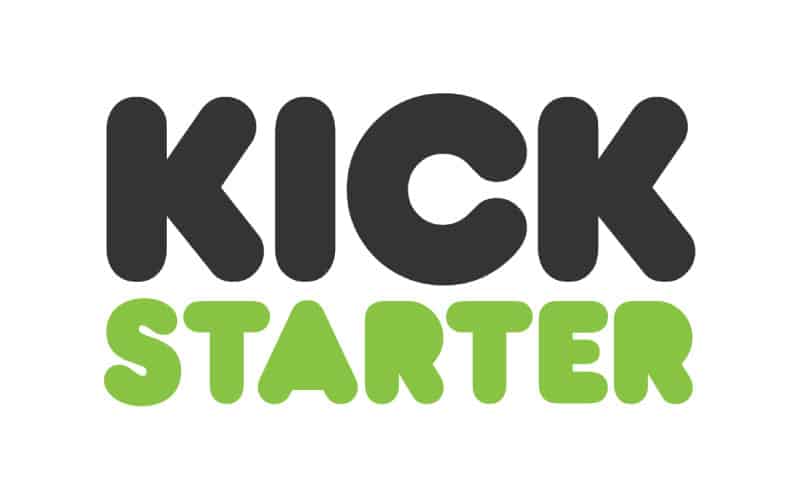Crowdfunding is a $5 billion industry and growing. Some estimates put the total value of all crowdfunding at $27 trillion when equity and debt crowdfunding is added to the mix. Great ideas like the Coolest cooler can rake in $13 million. A pizza shop’s stance on gay marriage can go viral and raise $840,000.

If potato salad can bring in $70k, then any idea has a chance, right?
Crowdfunding might seem like a windfall, but there are some things you need to know about raising money in this way before starting your own campaign.
#1. The tax man calleth
For the $70,000 that the potato salad campaign raised, Uncle Sam is going to claim about $21,000 of it. That’s a pretty hefty sum of cash. If you don’t have a business that is registered, then this cash counts as personal income. Sorry sole proprietors – the same is true for you. At least when you’re a business, you can write off business expenses. The same isn’t true for personal income.
#2. You might need a business license
In Washington State, a successful crowdfunding campaign of just $12,000 may qualify you to start a business, whether you want to or not. For states that have no income tax, business & occupation taxes are what fund the giant government coffers. If you don’t get that business license and pay those B&O taxes, fulfilling your crowdfunding rewards could be the least of your worries.
#3. You might need to file tax forms.
Any time someone contributes more than $600 to you for anything that is other than a gift, you may be required to provide that individual with a W9 form. Although the average donation or reward claimed through crowdfunding is just $25, those big spenders might need you to do some paperwork.
#4. Don’t just start a campaign right now.
Crowdfunding is more of an experience than it is an event. The most successful campaigns tend to market them 30-60 days before the planned starting date of the campaign. The marketing then continues on through the campaign and even after it, whether successful or not. There are thousands of active campaigns right now. Just putting one up is not a guarantee that cash will come in.
#5. Prove your worth.
If you don’t have a working prototype or have proof of your abilities, then don’t expect to get funded. People are more apt to invest in something they can see with their eyes than with their imagination. Prove yourself. If you’re not willing to do that, then investors won’t be willing to part with their cash.
#6. Be active every day.
A crowdfunding campaign is a full-time job for about 120 days. For most folks, that means it becomes their second full-time job. Is there a risk in putting in all this work to only discover you won’t be funded in the end? Yes. You can just about guarantee that you won’t be funded if you don’t put in any work, however, so choose the lesser of two evils.
We all have great ideas that make us say, “Hey! I wonder what would happen if I could bring that to the market.” Crowdfunding allows us to follow those dreams. Use these 6 tips and you’ll have a better chance of making that dream happen.














Leave a Reply